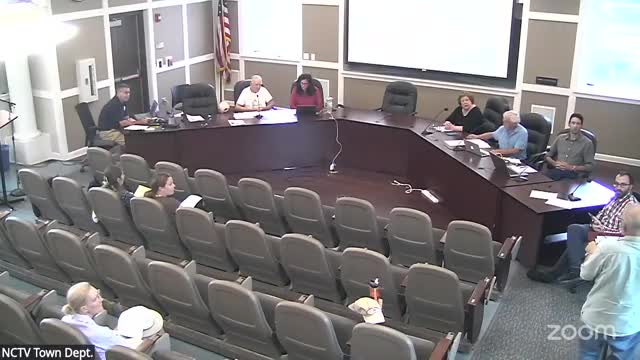Article not found
This article is no longer available. But don't worry—we've gathered other articles that discuss the same topic.

Health department reports new PFAS detections; MassDEP treating two Wells/locations as imminent‑hazard sites and expanding sampling

Board of Health to put short‑term rental enforcement, long‑term rental inspections on next agenda after public raises staffing and authority questions

